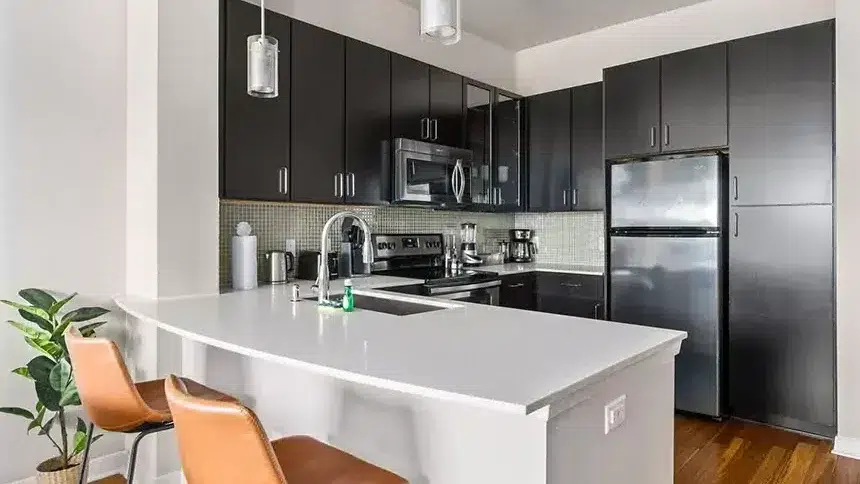
AP and New Wallet published an article on the cleaning fees for furnished apartments, Airbnb Has a Plan to Fix Cleaning Fees, and interviewed Lodgeur’s founder about the economics of Airbnb cleaning fees.
Here are Lodgeur’s FAQs on cleaning fees:
Airbnb cleaning fees are additional costs charged by the host to cover cleaning expenses before a guest’s stay. They can vary based on a number of factors, laundry costs, size of the property, and who is cleaning the property (e.g. the host themselves, their staff, or a third party cleaning service). Ultimately, the cleaning fee covers the cost of ensuring that your temporary home-away-from-home is clean and inviting before your arrival.
Hotels excel in cost-effectiveness when it comes to their cleaning services. Most hotel guests book short stays, thus allowing hotels to calculate and incorporate the costs into nightly rates easily. In the wake of COVID, hotels have also largely eliminated daily cleans.
In addition, hotel room cleaners typically clean numerous rooms per hour by pushing a cleaning cart from one small room to another as guests check out. On the other hand, apartment cleaners require more time because they are cleaning full homes with kitchens and living rooms, before traveling across town to another apartment building for the next clean.
The host sets the cleaning fee, and it can vary from host to host due to their own individual policies, location of their property and resources available.
For example, a property located in a rural area might have different cleaning expenses than one located in an urban environment where the cost of labor is different. A host who pays a living wage to professional cleaners will have a higher cost than one who pays minimum wage or self cleans.
Some hosts use a professional laundry service to clean the bed linens and towels in hospitality-grade facilities, to maintain hygiene standards you would find in hotels. Hosts who self clean may need to squeeze an apartment’s worth of laundry into a rapid cycle to prepare the apartment for the next guest in between checkout and the next checkin that day.
The cost of a professional wash is higher than a panic wash (about $25 for a one-bedroom apartment in Houston) and will be part of the cleaning fee.
The cost of cleaning an apartment is the same whether you stay for 2 nights or 200 nights. Vacuuming, mopping and laundering the sheets will cost your host the same. Since the cleaning costs are only incurred once, your stay becomes a better value the longer it is.
Unfortunately, no. Leaving an apartment by checkout time is a challenge for many guests and cleaning an apartment, washing the linens and preparing it for the next guest by 11 am is an unrealistic expectation. You likely don’t want to stay in a property that the past guest panic cleaned, wondering if the sheets were *really* washed. The cleaning fee ensures the apartment is clean and ready for your stay.
Including the cleaning fee in the nightly rate would lead to super high rates for guests staying longer periods of time. A separate cleaning fee helps to account for this discrepancy fairly. Since the host pays for the cleaning each stay, the cleaning fee is charged once for each stay.
In general, paying a cleaning fee means that the apartment should be clean and ready for you when you arrive and that the host or a professional cleaner will take care of all the cleaning when you leave. You either pay the cleaning fee or you are the cleaner – not both.
You should never have to clean the bathroom, kitchen or other common areas. The bedding and towels should be clean when you arrive.
While each host will have their own set of instructions, here’s what Lodgeur expects when guests check out:
If a cleaning fee is lower than similar properties in the same area, it’s worth considering why the fee is so low.
Yes! Check out our post for ways to save money on your next extended stay and our FAQs for booking furnished apartments.